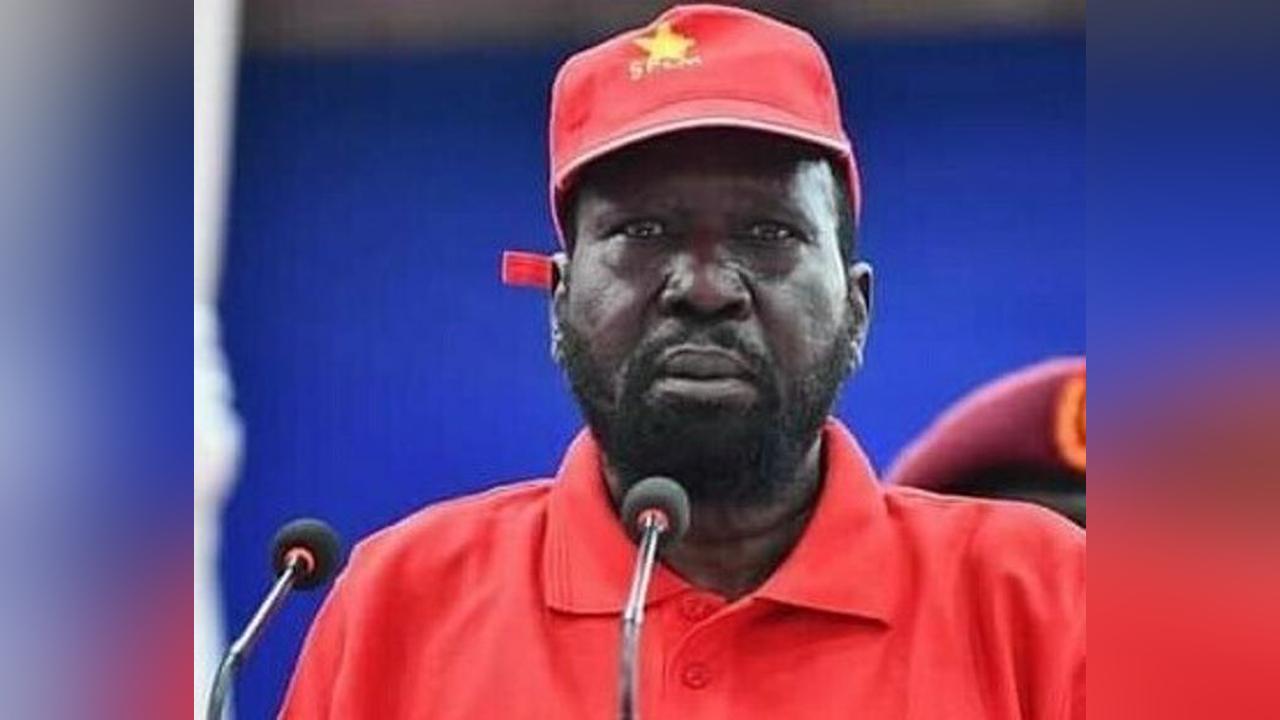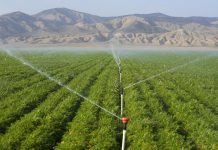Africa-Press – South-Sudan. South Sudanese President Salva Kiir warned on Saturday that insistence on another extension of the transitional period by Western countries and some parties to the peace agreement could lead to “violence.”
Speaking to supporters at a rally organized in Juba by the SPLM in the Greater Equatoria region to endorse him as the party’s flag bearer for the 2024 elections, the president said the ruling SPLM Party is committed to holding elections in December 2024 to allow the people of South Sudan to choose their leaders. However, he noted that Western countries and some parties to the 2018 peace agreement are pushing for another extension of the transitional government.
“There are people in Europe and America who have come up saying that the SPLM position to hold elections as scheduled must be blocked, arguing that if elections are held, South Sudan will return to war. I must assure you that nobody will fight. Instead, it is the postponement of elections that will cause war,” Kiir said.
“What the Westerners and those who are outside our region are saying is that there will be war in South Sudan because of elections. Please don’t listen to such rumours. This is, of course, what they want to happen, so I am urging you all to be patient and calm,” he added.
Kiir stated that he has called for an inter-party dialogue to find an amicable solution on the way forward concerning general elections in December this year.
“While this process is ongoing, I urge the SPLM secretariat and the entire membership of the SPLM to prepare and get ready for elections in December 2024,” he emphasized.
He continued, “The agreed transitional period in the road map is coming to an end, and it is our position in the SPLM that the people of South Sudan must be given the chance to choose their leaders at the end of this period.”
The South Sudanese leader criticized some key partners in the peace agreement for “lacking a clear program and vision” on how South Sudan can transition to democracy through elections this year. “Those who are opposing elections don’t even have the way forward. They don’t give answers when they are asked about the solution if elections are postponed, and they always come back to us asking for a solution,” he said.
President Kiir has once again expressed frustrations over the transitional unity government with five vice presidents and a boated cabinet and parliament.
“That [revitalized] agreement had five vice presidents. You cannot find that in any African country, and it is not in our region… I took this courageous step and signed the revitalized agreement, and the relative peace we have today is a result of that decision,” he said.
South Sudan has been facing another extension of the transitional period, with a key party to the 2018 agreement expressing doubt on the country’s ability to hold elections in December 2024.
First Vice President and SPLM-IO leader Riek Machar argues that it would be impossible unless the security sector reform is addressed and a permanent constitution is drafted.
The parties to the peace agreement extended the transitional period in August 2022 by 24 months after the implementation of key tasks of the agreement remained behind schedule.
Nairobi peace talks
President Salva Kiir said he wants an inclusive election in December this year where members of the opposition parties participate, urging the holdout group currently engaging in talks with the transitional government to embrace dialogue and reach an agreement.
Dr Abraham Kuol, a South Sudanese political analyst, said in a recent interview with Radio Tamazuj that the ongoing Nairobi peace talks between the government and some members of the holdout group are most likely to serve as a basis for the extension of elections.
“This is another possibility, which I said three years ago. The talks could be another possibility of postponing general elections this year so that the Nairobi agreement will be the basis for another extension of the current transitional period,” Dr. Kuol concluded.
For More News And Analysis About South-Sudan Follow Africa-Press






